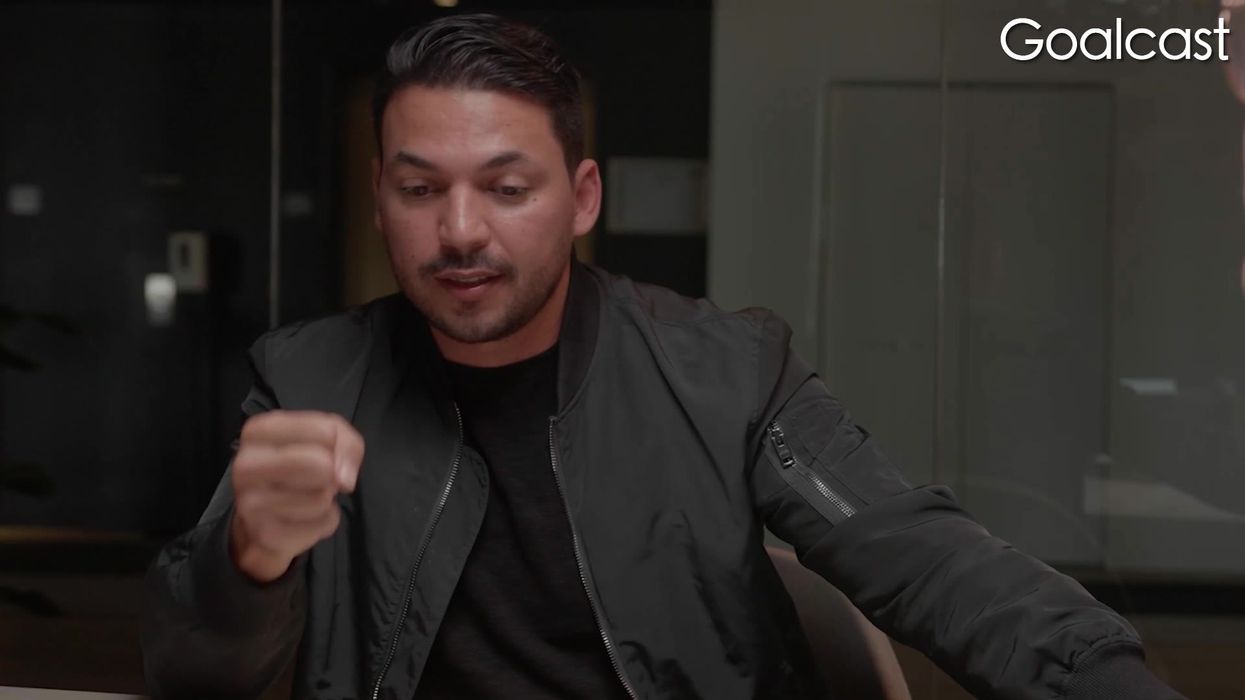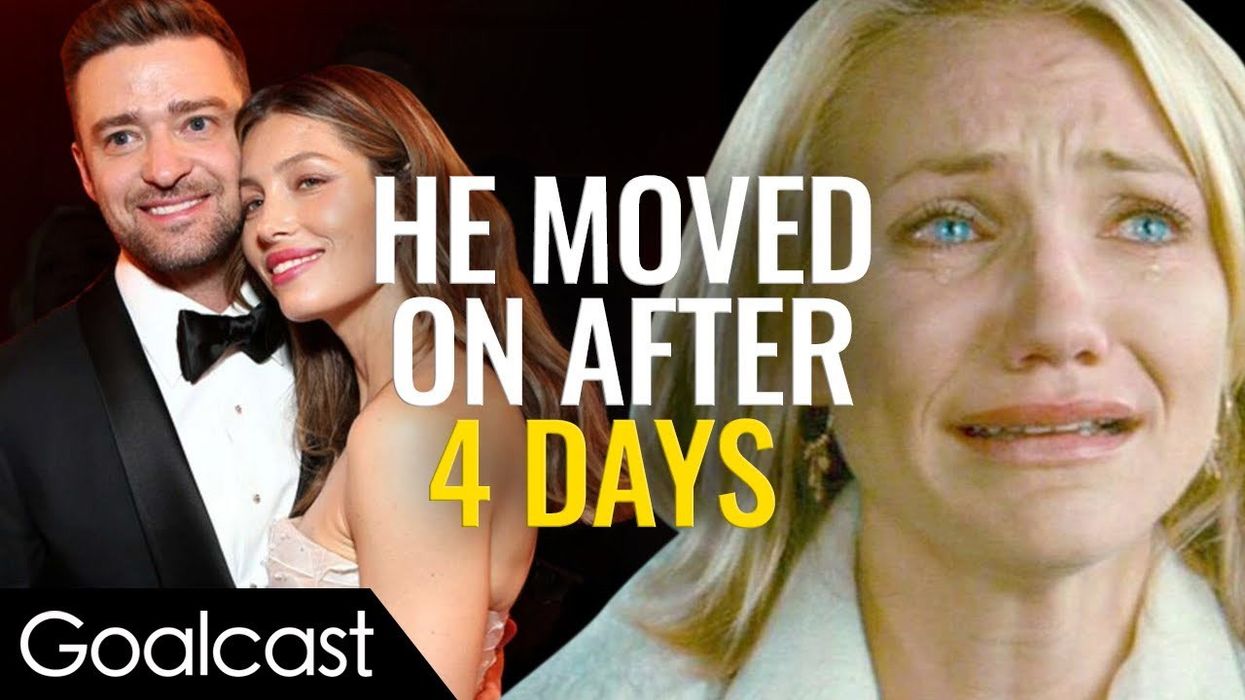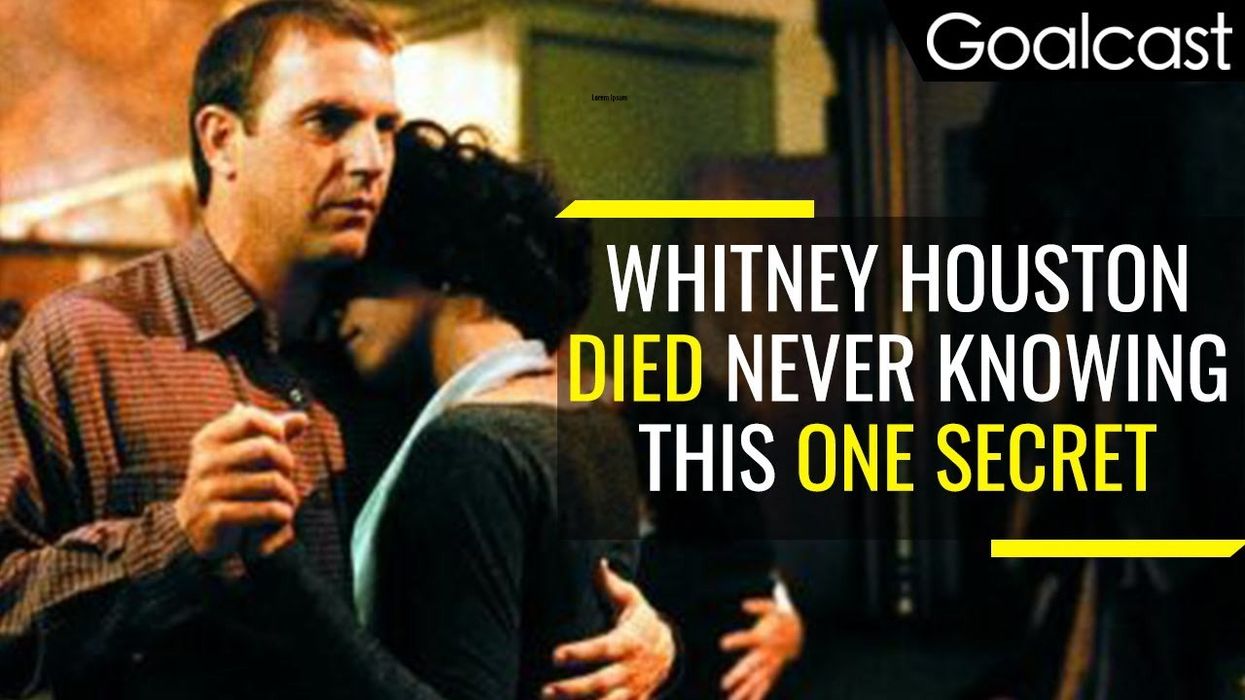
Unleash Your Mind's Potential With the Power of Meditation
In these accelerated times where it feels like faster is never fast enough, carving out a few moments of peace to catch our breath and reconnect with ourselves can seem like a gargantuan struggle. But as more and more Westerners come to realize the negative impacts of stress and overwork on their performance and well-being, increasing numbers are discovering the surprising powers of meditation to greatly augment all aspects of their lives.
The age-old practice of meditation, now practiced by tens of millions of Westerners ranging from hipster yogis to corporate executives, has gone mainstream. Scientific studies and its expanding mass of devotees are discovering what Buddhists and yoga masters have known for thousands of years: that a dedicated meditation practice has the power to not only restore a sense of calm amidst the demands of daily life, but also to strengthen the mind and body, promote long-term happiness and well-being, and unleash the mind's vast reservoirs of creative potential.
Unleash Your Mind's Potential With the Power of Meditation
Meditation is the tongue of the soul and the language of our spirit.- Jeremy Taylor
How meditation strengthens the mind and body
Studies have begun to reveal the far-reaching impacts a long-term meditation practice can have on our minds and bodies. Meditation lowers blood pressure and generates the slower alpha and theta waves in the brain, and can affect the area of the brain known as the amygdala, which is linked to fear, anxiety, and surprise. This explains the feeling of Zen we get from meditating, which allows us to sail through stressful situations with calm, clarity and a sense of perspective.
But the physiological benefits of meditation go even further than that. Science is increasingly proving what many Eastern traditions have insisted for a long time: that in contrast to the Western notion of a mind-body split (thank you, Descartes), the two are in fact intimately linked. Doctors have begun recommending meditation to patients as a way to deal with a wide range of conditions, including migraines, heart disease, AIDS, cancer, infertility, high blood pressure, irritable bowel syndrome, insomnia, stomach cramps, premenstrual syndrome, and depression. A five-year study in the U.S. even found that people who practice transcendental meditation are 56% less likely to be hospitalized.
Calm the mind, awaken to the beauty of life
People who practice meditation daily (and for long enough -- sorry workaholics, but 5 minutes a day of peace won't cut it) often report feeling as though their bodies have awoken for the first time. They find themselves focusing more attentively on their every movement and activity, and being fully present in every moment. Without the frenetic chorus of their mind to distract them from what their senses are sending them, they can suddenly taste, smell and hear things more vibrantly, and fully savor their surroundings.
We might not be able to slow down time, but the power of meditation to make us more present for every precious minute of life can almost make it feel as though time has slowed.
We might not be able to slow down time, but the power of meditation to make us more present for every precious minute of life can almost make it feel as though time has slowed. This could in part explain why meditation has been shown to promote long-term emotional well-being. A 2003 study by scientists at the University of Wisconsin scanned the brains of people with a long history of Buddhist meditation, and found that their left prefrontal lobes, the part of the brain that's tied to our feel-good emotions, were unusually active. Which means that meditation can actually make you physiologicallyhappier!
Unleash your mind's creative power
For many of us, the fast-paced environment of the modern workplace pushes us to accelerate our thinking, with our performance often measured by our ability to produce more in less time. But as many companies in the creative industries have (belatedly) started to figure out, some things get inevitably sacrificed when the mind is primed to prioritize speed above other factors. Deep thinking, creativity, and problem-solving are all important casualties of our obsession with speed.
Experts believe that the brain has two modes of thought, and that they should be carefully balanced if we're to harness our mind's full powers. Most modern workplaces are powered by what British psychologist Guy Claxton refers to as Fast Thinking, which calls on our rational, linear and analytical abilities. Slow Thinking, by contrast, is intuitive, meandering and creative in nature.
Our most creative thoughts come to us when we calm the mind, and allow ideas to gently bubble up from the depths of our subconscious.
If you've ever felt your greatest ideas come to you when you step away from focusing on it intensely -- to take a walk or a bath, cook dinner, or attend a yoga session, for example -- then you understand that our most creative thoughts come to us when we calm the mind, and allow ideas to gently bubble up from the depths of our subconscious. Creativity, by its nature, is inefficient. That's why many of history's deepest and most creative thinkers, from Charles Darwin to Albert Einstein, were famously slow.
When you meditate, you calm the mind's overheated machinery enough to allow these subconscious thoughts to wind their way to the surface. So if you're looking for ways to tap into your imaginative potential, find a comfortable position, take a deep breathe, and get ready to come along on our guided meditation.




















 woman speaking to another woman sitting opposite herWestpac Banking
woman speaking to another woman sitting opposite herWestpac Banking elderly couple laughing and drinking coffee outside a restaurant
elderly couple laughing and drinking coffee outside a restaurant











